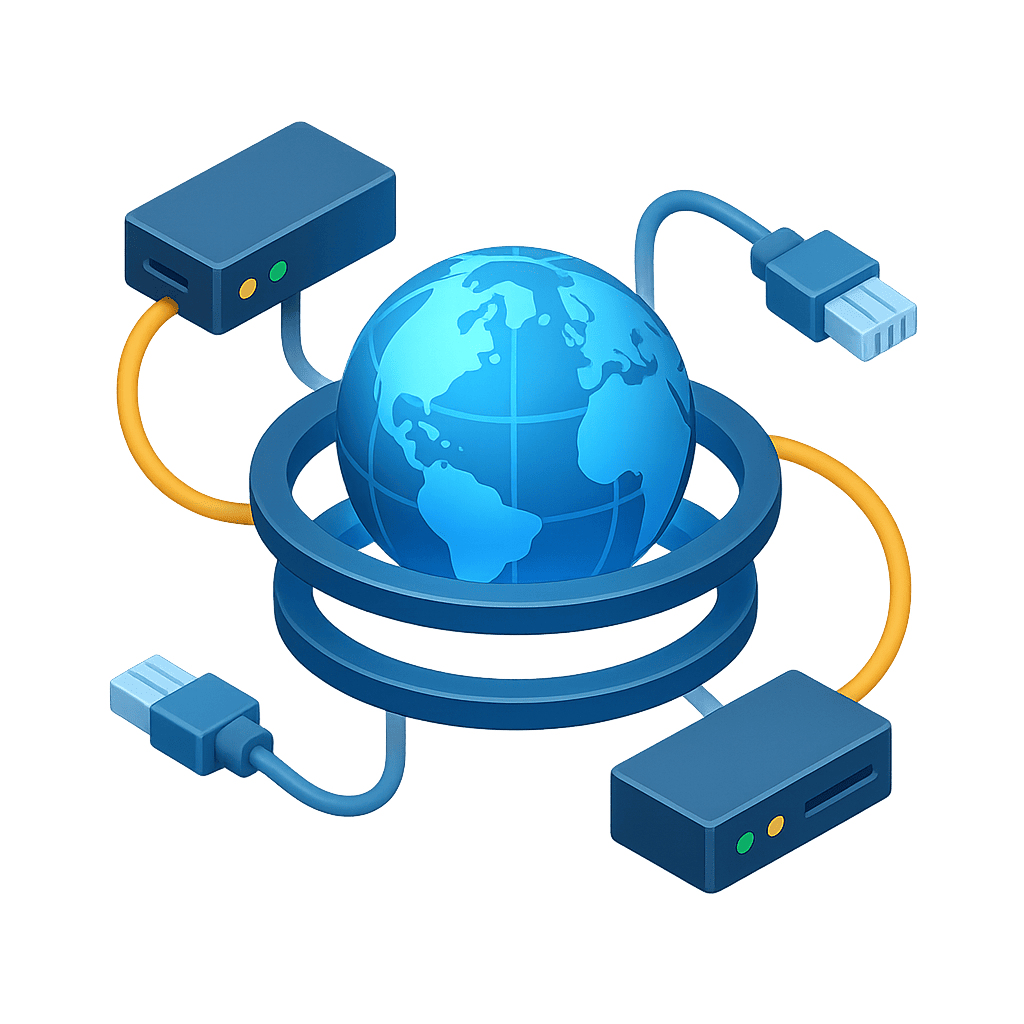Fundamentals of Networking
Network fundamentals form the core of every IT professional’s knowledge. Before you can design or troubleshoot complex infrastructures, you need to understand how data moves between devices and how communication is structured. This topic introduces you to essential concepts like the OSI and TCP/IP models, which describe how networks organize communication across different layers and protocols.
Essential Protocols and Domains
You’ll learn how fundamental protocols such as ARP and TCP enable reliable communication by resolving addresses and establishing connections between hosts. You’ll also explore key network behaviors, including collision and broadcast domains, to understand how switches and routers isolate traffic for efficiency and performance.
Physical Media and Interfaces
Finally, you’ll study the physical side of networking, from Ethernet cabling and fiber optics to Power over Ethernet (PoE) and interface configurations. By mastering these principles, you’ll build a clear mental model of how data travels through a network. This foundation will prepare you for upcoming topics like VLANs, IP addressing, and routing, where these concepts become essential in practice.
